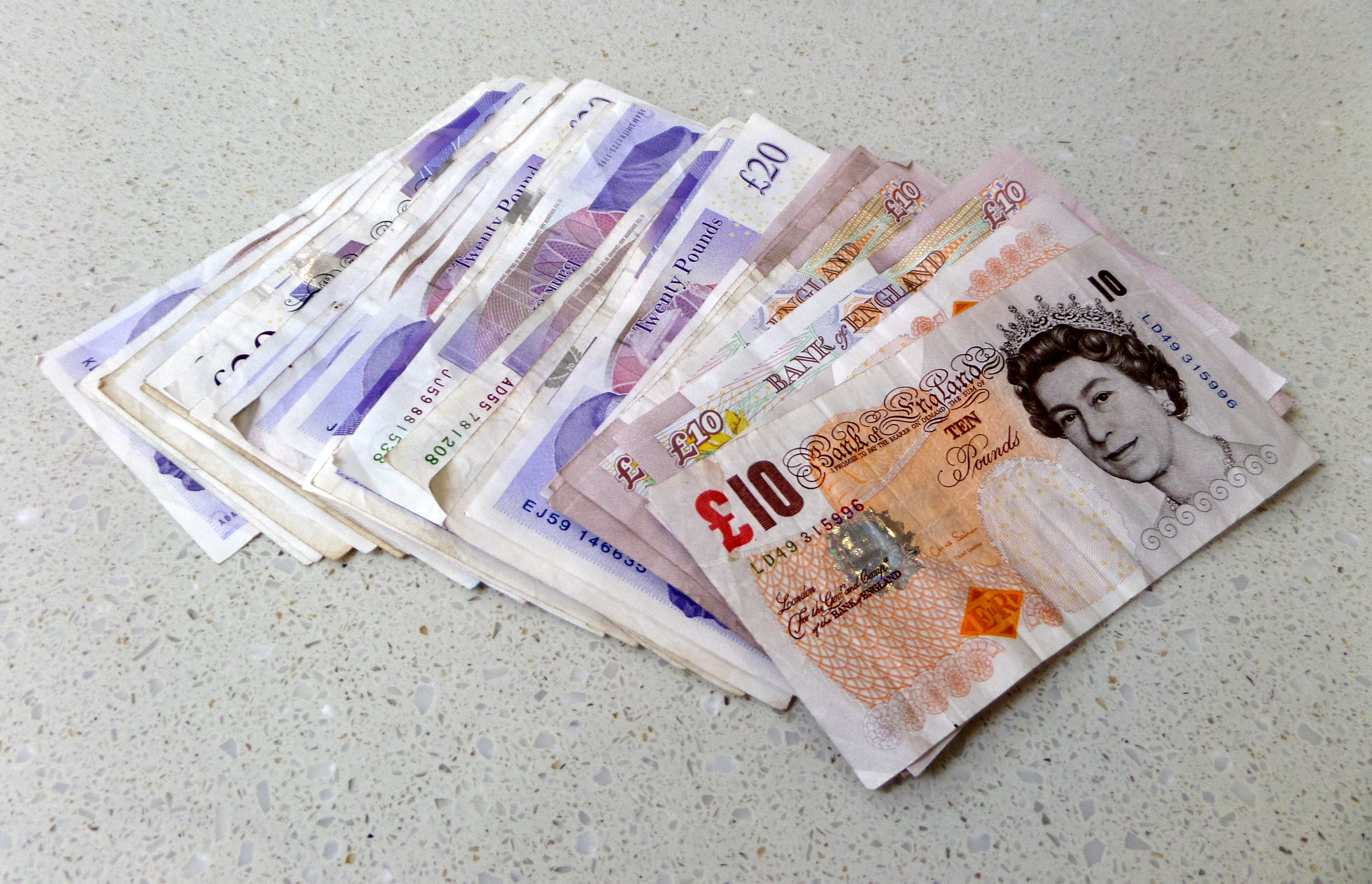The Bank of England raised the benchmark interest rate by 25 basis points to 0.75%, and this is the highest level for the entire post-crisis period. Recall, the regulator reduced the rate to 0.5% in 2009, and then dropped it by another 25 basis points in 2016 after the referendum on the withdrawal of the UK from the EU. A little over a year later, in November 2017, it was decided to return the rate to 0.5%.
The current increase was expected, but analysts were surprised by unanimity of the members of the monetary policy committee as all nine supported this decision. The regulator explained the decision with inflation concerns: according to the new forecast, consumer prices will grow by 2.2% in 2019 and 2.1% in 2020 with a target of 2%. The bank’s head, Mark Carney, also stressed that even in the face of uncertainty about the UK's withdrawal from the EU, it would be a mistake to postpone tightening of monetary policy. Even if Prime Minister Theresa May succeeds in advancing the negotiations on a trade agreement, its implementation will still take time. "There are a number of possible outcomes for Brexit, but interest rates will be at least as high as today in many of them. So we do not need to keep the gunpowder dry, "- said the head of the British Central Bank. However, he did not rule out that, under the most negative scenario, the Bank of England could go for emergency changes in monetary policy, as happened after the referendum.
The further rate increase, according to Mr. Carney, will be "slow and gradual". Analysts believe that the decision to raise it by another 0.25% will be made after Brexit, in September 2019. "Politics must go, and not run, to stay in place," Mr. Carney noted. The regulator's statement also indicates that the current tightening of monetary policy will be enough to return inflation to the target in the medium term.
source: cnbc.com
The current increase was expected, but analysts were surprised by unanimity of the members of the monetary policy committee as all nine supported this decision. The regulator explained the decision with inflation concerns: according to the new forecast, consumer prices will grow by 2.2% in 2019 and 2.1% in 2020 with a target of 2%. The bank’s head, Mark Carney, also stressed that even in the face of uncertainty about the UK's withdrawal from the EU, it would be a mistake to postpone tightening of monetary policy. Even if Prime Minister Theresa May succeeds in advancing the negotiations on a trade agreement, its implementation will still take time. "There are a number of possible outcomes for Brexit, but interest rates will be at least as high as today in many of them. So we do not need to keep the gunpowder dry, "- said the head of the British Central Bank. However, he did not rule out that, under the most negative scenario, the Bank of England could go for emergency changes in monetary policy, as happened after the referendum.
The further rate increase, according to Mr. Carney, will be "slow and gradual". Analysts believe that the decision to raise it by another 0.25% will be made after Brexit, in September 2019. "Politics must go, and not run, to stay in place," Mr. Carney noted. The regulator's statement also indicates that the current tightening of monetary policy will be enough to return inflation to the target in the medium term.
source: cnbc.com





